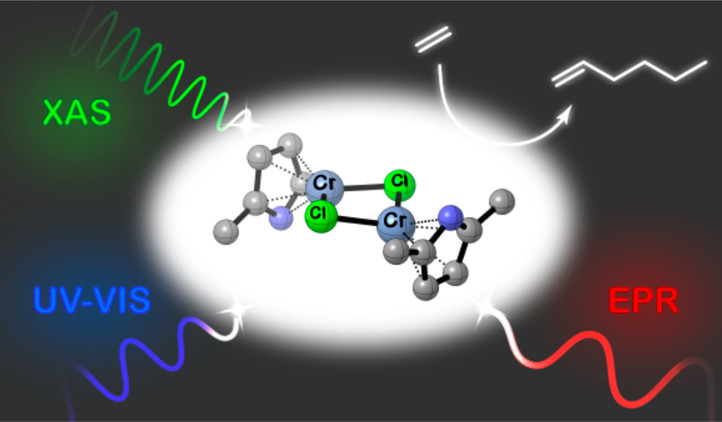How catalysts for plastic production can be improved
Een team rondom hoogleraar Materiaalkunde Moniek Tromp heeft uitgevonden waarom een chroom-katalysatormengsel dat gebruikt wordt in de productie van 1-hexeen, voorganger in de productie van polyetheen (PE) plastic, niet zo efficiënt als dat hij zou kunnen zijn. Dankzij het gebruik van verschillende spectroscopische technieken (NMR, EPR, UV-Vis en X-ray absorptie) en DFT berekeningen konden zij bepaalde ingrediënten in het industrieel toegepaste mengsel identificeren of uitsluiten als de actieve component. Als de inactieve componenten verwijderd kunnen worden, kan de efficiëntie van het hele proces verbeterd worden. Vanwege de enorme schaal waarop plastic geproduceerd wordt, kan een kleine verbetering al een enorme invloed hebben op de duurzaamheid van het proces.
Een uitgebreidere omschrijving van het onderzoek is geschreven door onze collega's van de Universiteit van Amsterdam: hier.
Het volledige artikel staat hier: Bas Venderbosch, Jean-Pierre H. Oudsen, Lukas A. Wolzak, David J. Martin, Ties J. Korstanje and Moniek Tromp: Spectroscopic Investigation of the Activation of a Chromium-Pyrrolyl Ethene Trimerization Catalyst ACS Catal. 2019, 9, 1197−1210 DOI: 10.1021/acscatal.8b0341

